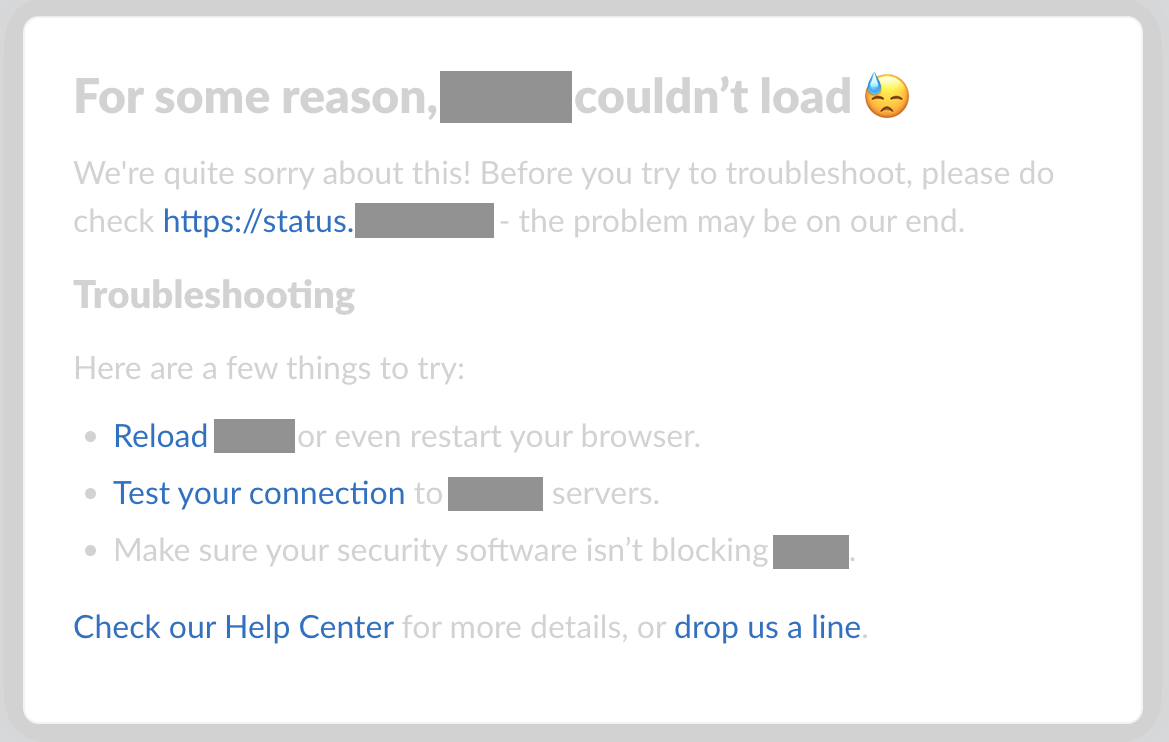Technology
Navigating Slow Internet Challenges at Antarctic Research Stations

Access to reliable internet is a challenge in remote locations, particularly at Antarctic research stations. Paul Coldren, an IT specialist who spent a total of 14.5 months at various stations starting in August 2022, shares his experiences dealing with slow internet connections. The primary source of connectivity is satellite internet, which often results in limited bandwidth and high latency, especially in crowded locations like McMurdo Station.
The situation becomes particularly frustrating when attempting to download large files. Coldren recounts times when web applications would time out while he was trying to download a 20 MB JavaScript file, forcing him to restart the process repeatedly. Each timeout erased the progress, resulting in downloads that could take up to 30 minutes instead of the expected 15 minutes. This lagging connectivity impeded even simple activities, such as sending a few kilobytes of text in a messaging app.
Coldren highlights the persistent issue of self-updating applications that do not accommodate the slow internet speeds typical in these remote locations. Users are often unable to pause or schedule updates, which compounds the difficulty of accessing essential software. He experienced this firsthand when hundreds of individuals at the station tried to update their MacOS simultaneously. The result was a slow download of a 12 GB MacOS ISO file that he had to distribute manually, all while other updates continued to run.
The challenges extend to smartphone updates as well. Coldren noted that most smartphones do not allow OS updates from local images, making it necessary for him to restart his device when connectivity dropped—often due to satellites becoming misaligned. This process added further delays to what should be straightforward updates.
Amid these frustrations, Coldren found an example of effective software management with Microsoft Office for Mac. The updater allowed him to pause and resume downloads, providing visibility into the download’s progress. This represented a significant contrast to many modern applications that fail under slow internet conditions, often resulting in complete failure rather than a manageable experience.
Although Coldren does not expect all software developers to optimize their products for users in extreme conditions, he emphasizes the need for basic functionality that allows for effective communication and minimal frustration. His experiences underline the importance of considering user environments, particularly in locations with severely limited internet capabilities.
Since his last deployment in 2024, some Antarctic stations have reportedly upgraded to Starlink satellite internet, which may alleviate some of these issues. Nevertheless, Coldren’s plea for better application design and user experience is a reminder of the ongoing challenges faced by researchers in the field. Access to reliable internet is not merely a convenience; it is essential for effective communication and productivity, especially in the harsh and isolated environments of Antarctica.
-

 Technology5 months ago
Technology5 months agoDiscover the Top 10 Calorie Counting Apps of 2025
-

 Health2 months ago
Health2 months agoBella Hadid Shares Health Update After Treatment for Lyme Disease
-

 Health3 months ago
Health3 months agoErin Bates Shares Recovery Update Following Sepsis Complications
-

 Technology4 months ago
Technology4 months agoDiscover How to Reverse Image Search Using ChatGPT Effortlessly
-

 Technology1 month ago
Technology1 month agoDiscover 2025’s Top GPUs for Exceptional 4K Gaming Performance
-

 Technology2 months ago
Technology2 months agoElectric Moto Influencer Surronster Arrested in Tijuana
-

 Technology5 months ago
Technology5 months agoMeta Initiates $60B AI Data Center Expansion, Starting in Ohio
-

 Technology5 months ago
Technology5 months agoRecovering a Suspended TikTok Account: A Step-by-Step Guide
-

 Health4 months ago
Health4 months agoTested: Rab Firewall Mountain Jacket Survives Harsh Conditions
-

 Lifestyle5 months ago
Lifestyle5 months agoBelton Family Reunites After Daughter Survives Hill Country Floods
-

 Technology4 months ago
Technology4 months agoHarmonic Launches AI Chatbot App to Transform Mathematical Reasoning
-

 Technology3 months ago
Technology3 months agoUncovering the Top Five Most Challenging Motorcycles to Ride











